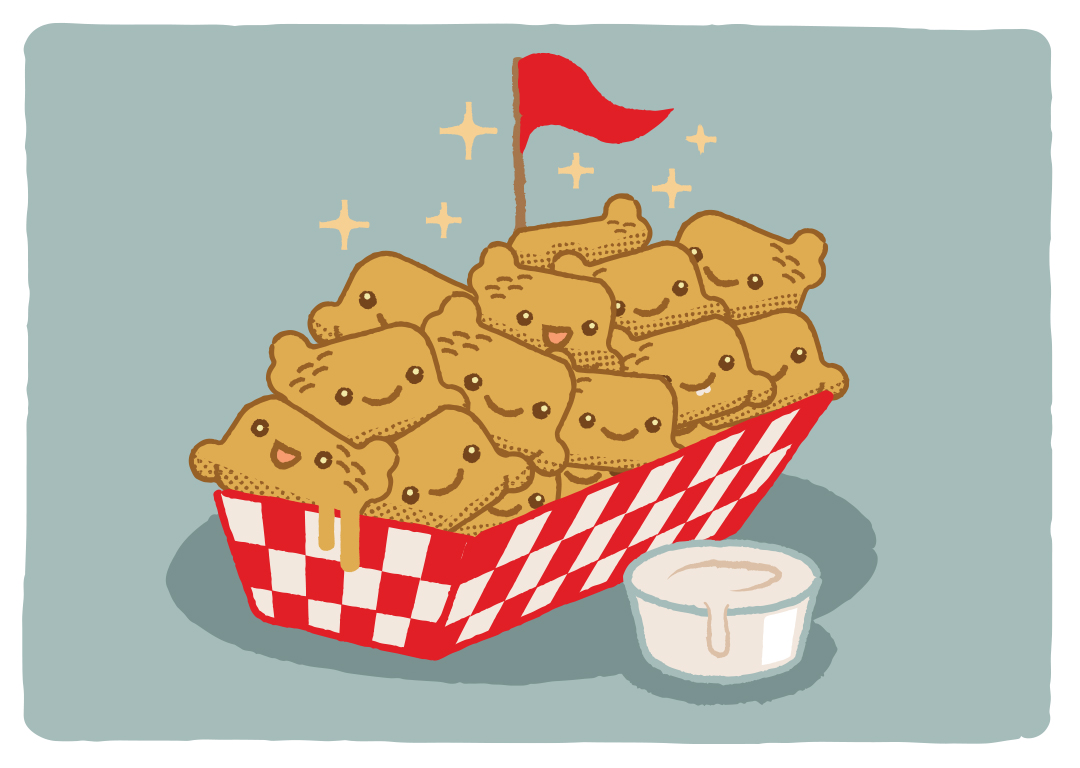As many Wisconsinites will assert, a cheese curd is not truly fresh unless it squeaks.
Curds typically lose their signature squeak within a few days to a couple of weeks, depending on how they’re stored and served. That’s why a UW Center for Dairy Research team, led by scientist Rani Govindasamy-Lucey, is looking to extend the shelf life of the squeak that consumers have come to expect.
The researchers collaborated with the UW’s Speech Processing and Auditory Neuroscience Lab to develop a method for measuring the acoustic properties of cheese squeaks. They then trained sensory panel participants to characterize squeakiness.
The team suspected that acidification caused by starter cultures may quickly weaken the protein structure of curds and eliminate their squeak. Another process, called proteolysis, was also thought to weaken the protein matrix through the actions of native milk enzymes and residual rennet (an enzyme used in cheesemaking).
So the team took inspiration from a Finnish cheese that has a long-lasting squeak — juustoleipä, sometimes called “bread cheese.”
“Juustoleipä does not include any form of acidification, and it’s baked at high temps after it’s made,” says recent food science graduate Maggie Becher PhD’24, who helped lead the study.
But juustoleipä can still be susceptible to proteolysis, so the team focused on the potential relation of that process to squeakiness. Their analysis of juustoleipä curds found that proteolysis increased during storage, but it occurred much more slowly in samples that were baked at high temperatures. The team also found that increases in proteolysis detracted from measured squeakiness levels.
“Now we know how to quantify squeakiness, and we understand what causes the loss of squeakiness,” Govindasamy-Lucey says. “This is valuable data for cheese manufacturers looking to keep consumers happy with squeaky cheese that lasts longer.”
Published in the Fall 2025 issue




Comments
No comments posted yet.